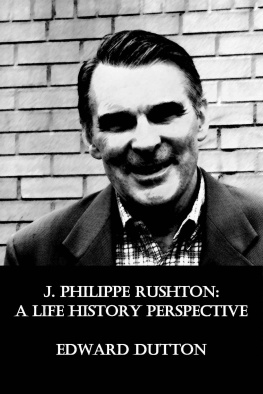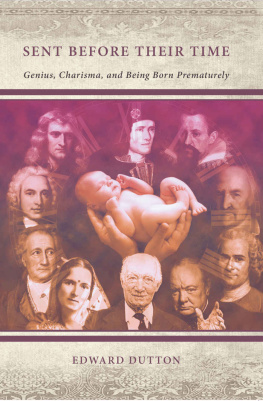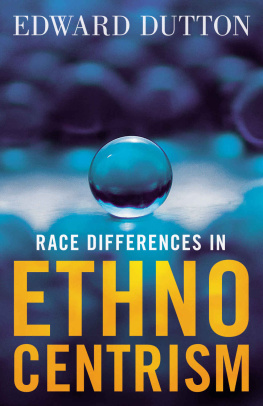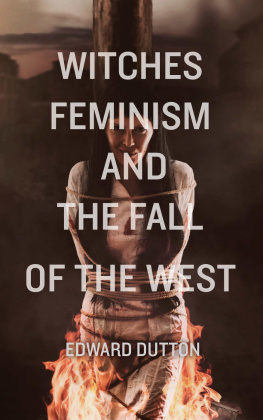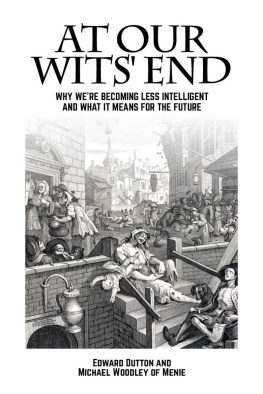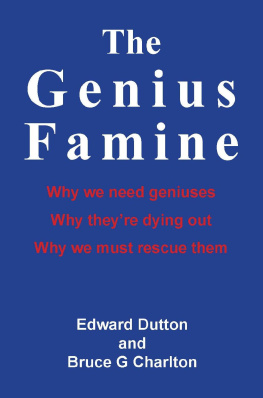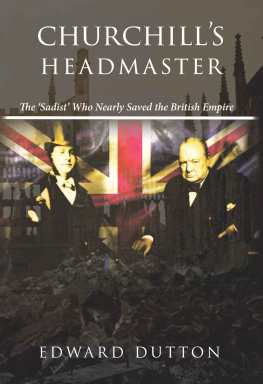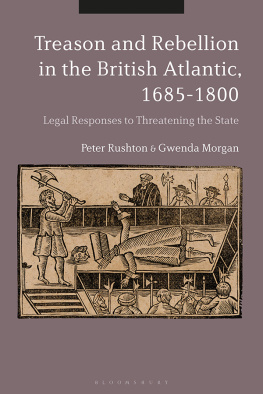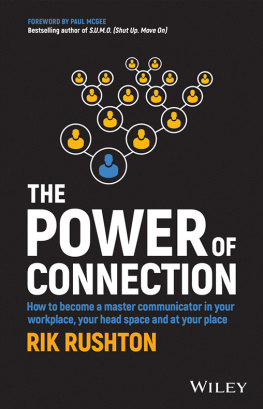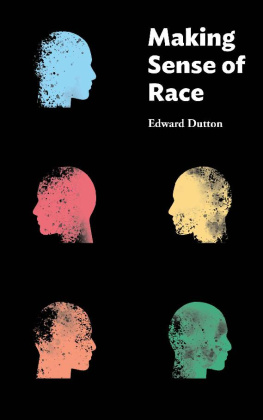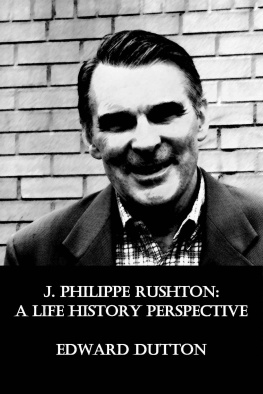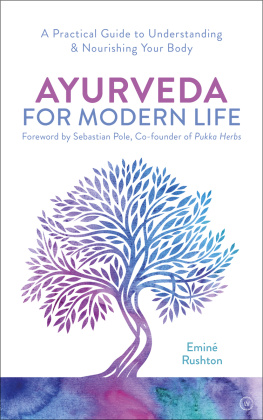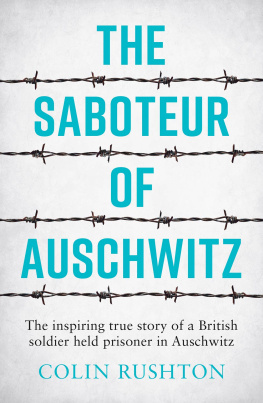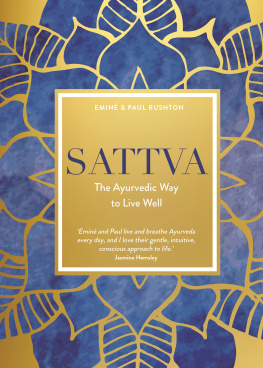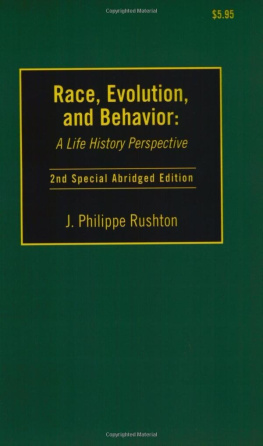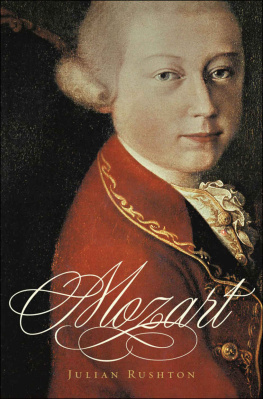Edward Dutton - J. Philippe Rushton: A Life History Perspective
Here you can read online Edward Dutton - J. Philippe Rushton: A Life History Perspective full text of the book (entire story) in english for free. Download pdf and epub, get meaning, cover and reviews about this ebook. year: 2018, publisher: Thomas Edward Press, genre: Science. Description of the work, (preface) as well as reviews are available. Best literature library LitArk.com created for fans of good reading and offers a wide selection of genres:
Romance novel
Science fiction
Adventure
Detective
Science
History
Home and family
Prose
Art
Politics
Computer
Non-fiction
Religion
Business
Children
Humor
Choose a favorite category and find really read worthwhile books. Enjoy immersion in the world of imagination, feel the emotions of the characters or learn something new for yourself, make an fascinating discovery.
- Book:J. Philippe Rushton: A Life History Perspective
- Author:
- Publisher:Thomas Edward Press
- Genre:
- Year:2018
- Rating:5 / 5
- Favourites:Add to favourites
- Your mark:
J. Philippe Rushton: A Life History Perspective: summary, description and annotation
We offer to read an annotation, description, summary or preface (depends on what the author of the book "J. Philippe Rushton: A Life History Perspective" wrote himself). If you haven't found the necessary information about the book — write in the comments, we will try to find it.
What kind of person could conceive of and publicize such an original yet incendiary theory? Analyzing Rushtons research and, for the first time, his life and ancestry, Dutton argues that Rushton himself like many scientific geniuses - was a highly intelligent fast Life History Strategist. But Rushtons Life History strategy was simply too fast for him to be the Galileo-figure that some scientists have portrayed him as. An archetypal Narcissist, Rushton attempted to manipulate people into supporting his model and cherry picked and dishonestly presented his findings. And among many other fast Life History strategy traits, Dutton explores Rushtons dropping out of high school, his multiple divorces, his compulsive lying, his affairs, his two illegitimate children including one by a married black woman, and even his use of physical violence.
Praise for J. Philippe Rushton: A Life History Perspective
Dr Edward Dutton has written a brilliant warts and all biography of John Philippe Rushton and a critical appraisal of his theory that the three big races differ in Life History Strategy. Dr Dutton finds that there is some support for Rushtons theory but also that it has too many flaws to be considered anything like a work of genius. A fascinating book.
Prof Richard LynnFormerly University of Ulster, UK.
Aristotle, in his Poetics, identified the salient characteristic of the tragic hero. He is an intermediate kind of personage, a man who is not eminently good or just - yet whose misfortune is brought about not by vice or depravity, but by some error or frailty. J. Philippe Rushton was just such a person. Intimidatingly intelligent and intellectually daring, this self-styled, latter day Galileo was also prone to hubris and evidently lacked a moral compass. Various unflattering alternative titles for Dr. Duttons compelling book, accordingly, spring to mind: Keep it in the Family: The Curious Case of J. Philippe Rushton; or, Giving Charles Darwin a Bad Name: Nepotism in Theory and Practice; or, more simply, Revolution Betrayed. As Prof Rushton himself prophetically observed on page one of his magnum opus, Race, Evolution, and Behavior, . . . people give preferential treatment to those who resemble themselves.
Dr. Leslie JonesEditor, The Quarterly Review
Edward Dutton: author's other books
Who wrote J. Philippe Rushton: A Life History Perspective? Find out the surname, the name of the author of the book and a list of all author's works by series.

